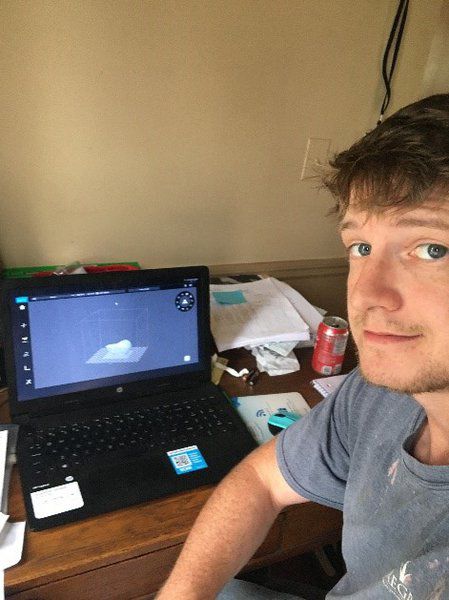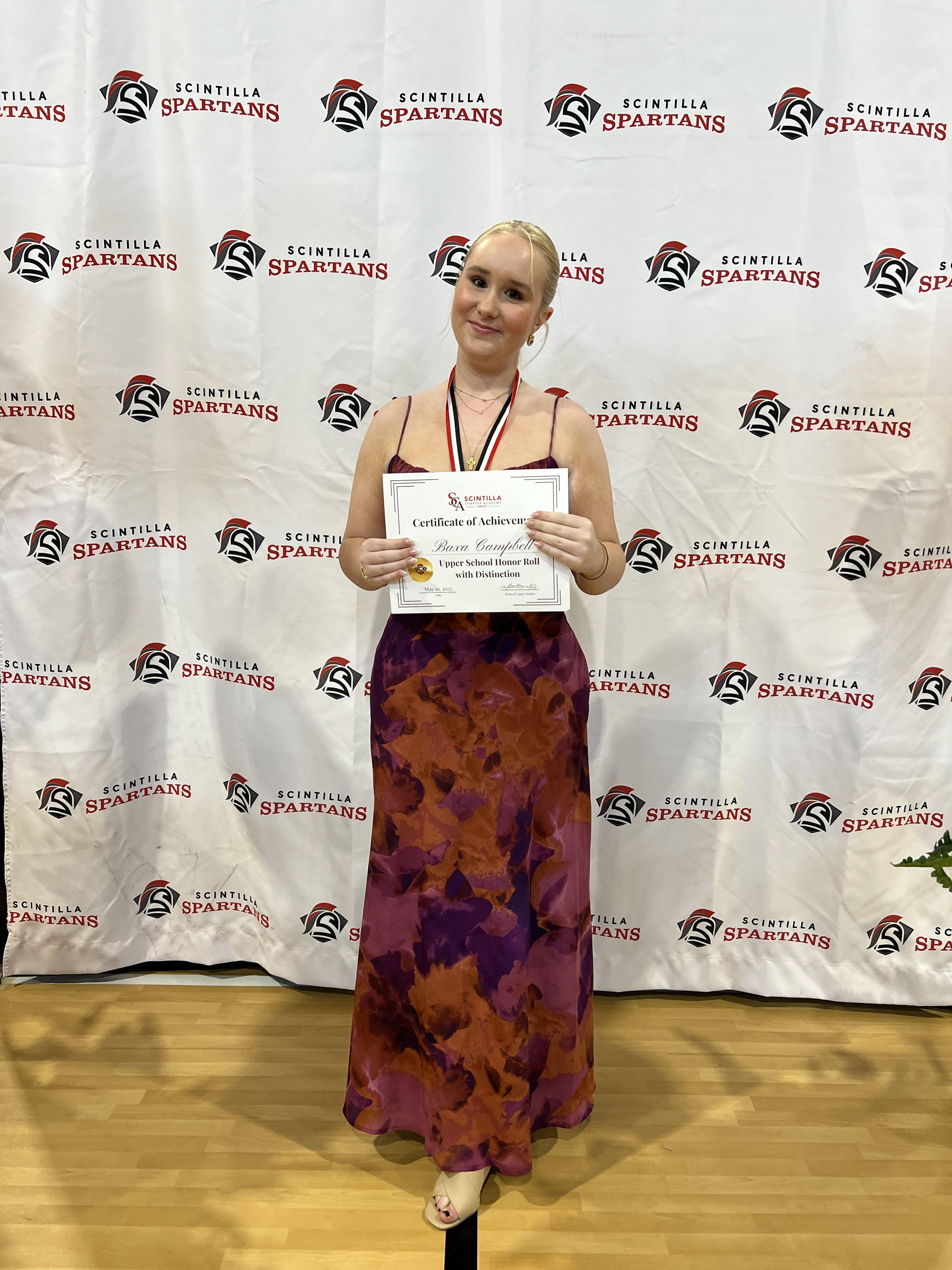Wiregrass students create masks
Published 11:00 am Wednesday, April 15, 2020

- Submitted PhotoTyler Hall, a Wiregrass mechatronics and engineering student, works on the 3D mask design from his laptop at home.
VALDOSTA — Students William Hoover, Shawn Lucas and Tyler Hall started the spring semester back in January at Wiregrass Georgia Technical College, excited to be completing their last course before earning their associate’s degree.
Enrolled in mechatronics and engineering, the three students started working on their capstone project, a semester-long, collaborative effort to design and manufacture a product using real world engineering practices and the same cutting-edge technologies found in local manufacturing facilities, college officials said in a statement.
By mid-March, the students were nearly finished. After conducting research and design, cost analyses, prototyping and time studies, the students were preparing to present their capstone project to a panel of industry experts.
Then the word came that due to COVID-19, colleges within the state would be transitioning to 100% online education for the remainder of the semester, college officials said.
With so many technological capabilities such as video-conferencing and other online platforms, the students could easily present their work and complete their capstone project. However, Hoover, Lucas and Hall recognized an opportunity to do more.
Using Industry 4.0 technologies such as digital manufacturing, 3D printing and real-world collaborative design software, the students decided to cease work on their nearly complete capstone project and instead use the opportunity to join the battle against the spread of the COVID-19 outbreak.
Hoover, Lucas and Hall collaborated with their Wiregrass instructors, Joshua Whittington and Joe Sumner, to design and 3D print respiratory masks. The team conducted several test runs, with each student handling different aspects of the design, cost analysis and materials needed for a limited mass production run, college officials said.
Hoover, who actually purchased his own 3D printer, conducted test prints at his home, and share the files with his teammates and instructors. Hoover, who has a bachelor of science in chemistry, said he finds the hands-on aspect of the project exciting.
“When the college shifted to 100% online, I knew that I would miss the face to face interaction with my peers and instructors,” Hoover said. “However, being able to use 3D printing technology to create something that will benefit my fellow students and instructors when the school reopens is exciting.”
The college is working toward returning students to lab work in a limited capacity and the masks will be utilized to provide a safe and healthy environment, college officials said.
With Whittington and Sumner operating the 3D printers at the college, and the students monitoring the machines remotely online, the group has successfully manufactured as many as 10 respiratory masks every 24 hours. The masks are manufactured from a hard-shell ABS plastic, and require a reusable filter.
Hoover, Lucas and Hall are conducting a cost analysis to determine the possibility of providing masks on a broader scale if the current situation continues.
For Hall, the chance to be a part of this project was even more personal. As a cancer survivor, the 26-year-old engineering student said he knows firsthand the significant role that rapid response, manufacturing and technical education can play in the health care sector, and is eager to be a part of the project.
“I’m just glad to be a part of something so positive here,” Hall said. “Even if it seems like a small role to play, I’m personally excited to use my skills and personal experience as a motivation to be a part of something so big during this time.”
For the instructors, seeing students so eager to work on a meaningful and impactful project has been encouraging.
“The skills the students have learned, and are now putting to use, are relevant across multiple fields, including mechatronics, engineering, health care and project management,” said Whittington, Wiregrass engineering and mechatronics instructor.
“To see our mechatronics and engineering students take ownership of this project, and leverage the capabilities of Industry 4.0 in an effort to contribute to such a worthy cause is heart-warming and meaningful,” said Sumner, Wiregrass associate vice president of program development. “The reality is, manufacturing and design no longer happen in a single building. Various stages of the process occur all over the globe, and the skills our students are utilizing in this project are fully preparing them for employment in today’s manufacturing and engineering sectors.”
Wiregrass Georgia Technical College students have been able to continue their training and learning remotely, even under such unprecedented circumstances, college officials said.
Dr. Tina Anderson, president of Wiregrass Georgia Technical College, expressed pride in the students’ ability to apply their skills in new and innovative ways.
“Our students participate in real-world design and manufacture processes in the mechatronics program,” she said. “We are very proud of their ability to take classroom lessons and apply them to health care needs in the midst of the COVID-19 pandemic.”
Anyone interested in supporting the students’ effort to make masks, Wiregrass is accepting donations to pay for the materials needed to manufacture the masks. Anyone interested in making a donation may contact Crissy Staley with the Wiregrass Foundation at Crissy.staley@wiregrass.edu or (229) 333-2124.





